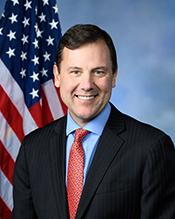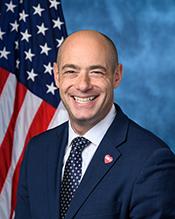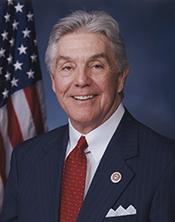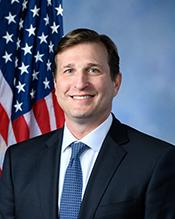S. 1040: Drug Competition Enhancement Act
This bill, titled the Drug Competition Enhancement Act, aims to amend the Federal Trade Commission Act to specifically address and prohibit practices known as "product hopping" by pharmaceutical manufacturers. Here’s a breakdown of what the bill entails:
Definition of Product Hopping
The bill introduces a detailed definition of product hopping, which refers to the actions by a manufacturer to switch the market focus from a previously approved drug or biological product to a new, often slightly altered version (referred to as a "follow-on product"). This is typically done in a way that may impede competition from generic or biosimilar products.
Prohibition of Unfair Practices
Manufacturers of reference products are deemed to engage in unfair competition if they:
- Withdraw a previously approved drug based on competition with a generic or biosimilar that references the original drug.
- Use their marketing power to promote the new version (follow-on product) in ways that disadvantage the original drug or hinder competition.
Types of Hops and Their Regulation
The bill distinguishes between two types of product hopping:
- Hard Switch: This occurs when a manufacturer withdraws a previous drug version from the market, either proactively or by placing it on a discontinued list, while promoting a follow-on product.
- Soft Switch: This happens when a manufacturer takes actions that unfairly disadvantage the original product in favor of the follow-on product without necessarily removing the original from the market.
Justifications and Defenses
Manufacturers may defend their actions if they can prove that the decisions made were necessary for patient safety, due to supply chain disruptions, or had legitimate pro-competitive reasons unrelated to their desire to limit competition.
Enforcement Mechanisms
The Federal Trade Commission (FTC) is given authority to enforce these rules. If a manufacturer is suspected of violating this provision, the FTC can:
- Institute proceedings to address the violation.
- Seek temporary or permanent injunctions against the manufacturer.
- In court, the FTC may pursue remedies such as disgorgement (return of ill-gotten gains) and restitution for affected parties.
Applicability and Timeline
The provisions of this bill will apply to any actions taken after it is enacted and to all proceedings initiated subsequently.
Antitrust Considerations
The bill emphasizes that it will not alter existing antitrust laws, ensuring that actions taken under this amendment do not conflict with other competition regulations.
Rulemaking Authority
The FTC will have the power to define key terms from this legislation through rulemaking processes, to ensure clarity and effective enforcement.
Relevant Companies
- PFE: Pfizer Inc. may be impacted by this bill as it encourages more competition among generic versions of its drugs.
- SYK: Stryker Corporation, as a manufacturer of medical products, could also be affected in terms of how it manages its product lineup and competition from generics.
This is an AI-generated summary of the bill text. There may be mistakes.
Sponsors
4 bill sponsors
Actions
5 actions
| Date | Action |
|---|---|
| Apr. 10, 2025 | Committee on the Judiciary. Reported by Senator Grassley with an amendment. Without written report. |
| Apr. 10, 2025 | Placed on Senate Legislative Calendar under General Orders. Calendar No. 43. |
| Apr. 03, 2025 | Committee on the Judiciary. Ordered to be reported with an amendment favorably. |
| Mar. 13, 2025 | Introduced in Senate |
| Mar. 13, 2025 | Read twice and referred to the Committee on the Judiciary. |
Corporate Lobbying
1 company lobbying




























